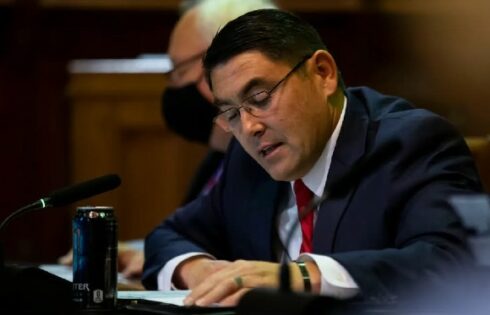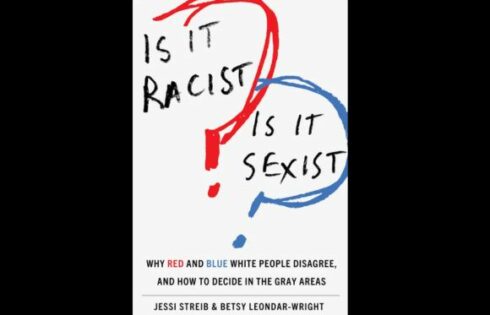
Letting Trump back on was tipping point … ?
Once a social media platform teeming with academics, Twitter — now known as X — has seen substantially less of the professoriate since Elon Musk took it over.
Notably, the biggest dip in academic engagement came in mid-November 2022 when Musk reinstated the account of Donald Trump, “deactivated following the Jan. 6 insurrection” according to Inside Higher Ed.
The study “The Vibes Are Off: Did Elon Musk Push Academics Off Twitter?” looked into “more than 15,700 academic accounts from the fields of economics, political science, sociology, and psychology” and discovered that after Musk’s purchase, verified accounts in those subjects had reduced engagement and put out fewer tweets.
Study authors James Bisbee of Vanderbilt and Kevin Munger of the European Institute University noted pre-Musk Twitter had a “significant role in the practice of social scientific research.”
But Trump’s return, along with that of others previously suspended, and alleged “relaxed rules around spreading misinformation […] may have been the tipping point for many academics.”
“The key takeaway is that Elon Musk’s takeover of Twitter coincided with a significant decrease in engagement from academics on the platform, especially among more prominent scholars with verified accounts,” Munger said, according to PsyPost.
Of note, however, the Bisbee/Munger study suffers from a “lack of direct evidence about the reasons why academics disengaged” from Twitter, as well as its reliance on the platform’s “Application Programming Interface,” which was nixed after Musk assumed control.
MORE: TikTok and Instagram turned me into a leftist. Here’s how X (Twitter) helped me escape.
IHE notes the study “reflects what some academics” had said at the time — that they’d leave Twitter as a “protest” and move to another platform.
The College Fix reported on some of those reactions. For example, Missouri State University’s Brian Ott wrote in the New York Times that Trump’s return to Twitter/X would lead to more “degrading and dehumanizing discourse,” “misinformation and disinformation,” and possibly even violence.
Goucher College Media Studies professor David Zurawik told a CNN panel “we are headed to hell” if Musk took over Twitter: “This is dangerous. We can’t think anymore in this country.”
Zurawik added the U.S. should “look to” Western Europe for how to regulate the platform.
UC Berkeley’s Robert Reich, a former Clinton administration official, said Musk’s view of a more open Twitter was “dangerous rubbish” and was “the dream of every dictator, strongman, demagogue and modern-day robber baron on Earth.”
Kara Alaimo of Hofstra University claimed Musk allowing “harmful forms” of speech would lead to the “silencing” of many users.
NYU’s Elizabeth Spiers alleged a freer Twitter “likely” would affect minorities more negatively than “white men like Mr. Musk.”
The University of Queensland’s Katharine Gelber said Musk’s claim that he was buying Twitter for more free speech was “just a fallacy […] it’s just wrong.”
And Vanderbilt law professor Rebecca Allensworth claimed Musk has “idiosyncratic views” about free expression, and called his Twitter purchase “troubling.”
MORE: Edgewood College leaves Twitter due to increase in ‘misinformation’ and ‘negative speech’
IMAGE: Frederic Legrand COMEO/Shutterstock.com
Like The College Fix on Facebook / Follow us on Twitter






Please join the conversation about our stories on Facebook, Twitter, Instagram, Reddit, MeWe, Rumble, Gab, Minds and Gettr.